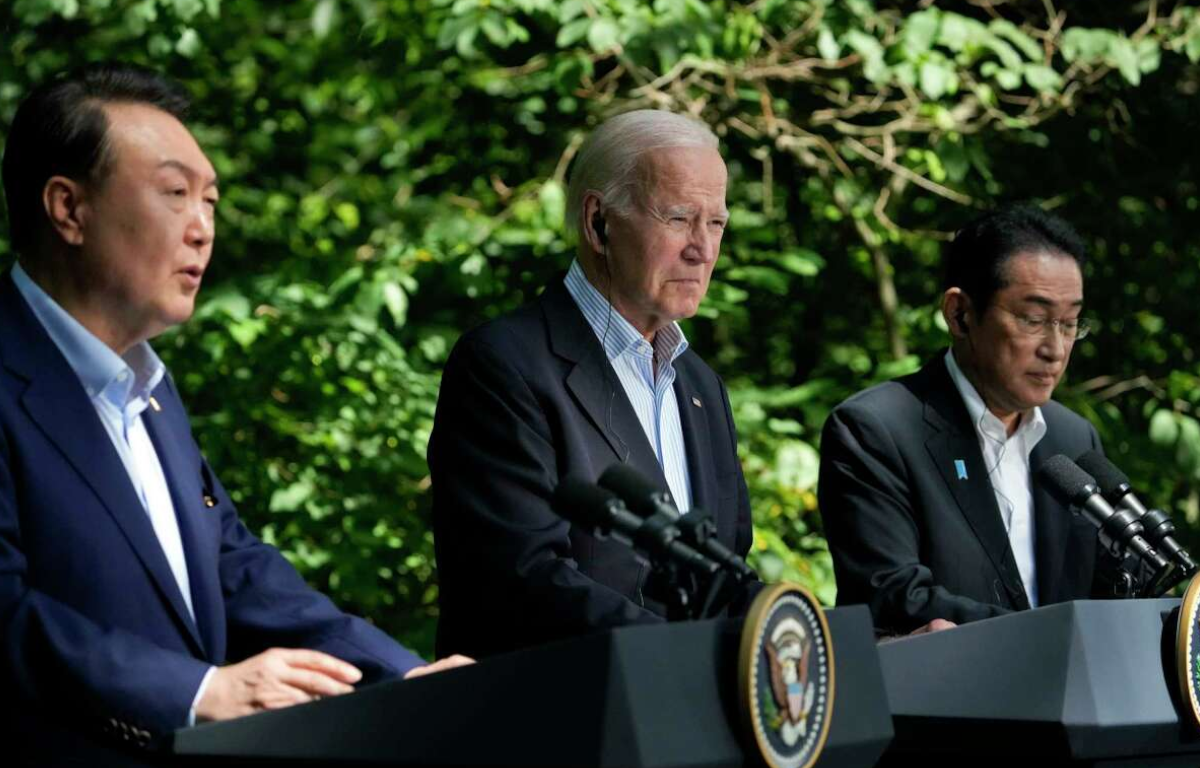
The stalled sister city plan between Germany and China has brought to the forefront a growing sense of wariness among German authorities regarding their relationship with China. As Germany reevaluates its ties with the Asian powerhouse, the sister city initiative, once viewed as an avenue for cultural exchange and economic cooperation, has encountered setbacks. This article delves into the reasons behind Germany’s cautious approach, the implications of the stalled plan, and the evolving dynamics between the two nations.
Germany’s concerns stem from mounting apprehension over human rights issues in China. The treatment of Uighur Muslims in Xinjiang, crackdowns on pro-democracy movements in Hong Kong, and limitations on freedom of expression have drawn international criticism. Upholding human rights values has prompted Germany to reevaluate its relationship with China, including the sister city plan.
Economic dependence and security concerns have also contributed to Germany’s wariness. While strong economic ties with China have historically played a significant role, increased dependence on Chinese markets has raised concerns about vulnerabilities and potential security risks. German authorities are cautious about China’s expanding influence and the associated risks related to technology transfers, intellectual property theft, and cybersecurity.
Reciprocity and transparency have become central considerations for Germany. It expects a level playing field and transparency in business practices from its partners, including China. The lack of reciprocal market access and limited transparency in China’s business environment have fueled German hesitations in deepening ties.
Geopolitical shifts have also influenced Germany’s perspective on China. The changing dynamics of global power and China’s assertive behavior on the international stage have led to a reevaluation of alliances and partnerships. Germany seeks to maintain a balanced approach, taking into account the interests and values of its traditional allies, such as the United States.
The implications of the stalled sister city plan are significant. It represents Germany’s growing apprehension about deepening engagement without addressing core concerns related to human rights, reciprocity, and transparency. The decision to halt or reassess sister city partnerships serves as a tangible reflection of Germany’s cautious and discerning approach, emphasizing the importance of aligning values and shared interests.
This cautious stance reflects a broader trend among European countries. Navigating the complex relationship with China will require a delicate balance between economic cooperation and safeguarding fundamental principles. Germany’s wariness represents a reevaluation of its China policy, prioritizing its interests, values, and security in the evolving dynamics between the two nations.










Share this: